The Values Gap
Integrity
Communication
Respect
Excellence
On hearing these values, you might think “What a great place to work.”
And you might be right.
A company that models these values in practice or actively works on attaining them would likely make a good workplace.
But these four values are in fact those of Enron at the time of its infamous collapse.
“Ruthlessness, callousness, and arrogance don't belong here,” their vision and values statement continues.
Mired in corruption, forever associated with egregious mismanagement, and gone but not forgotten, Enron’s fall from grace has been well-documented.
So why define organizational values if they’re not always worth the paper on which they’re written?
Because defining values is merely step one.
Anyone who has worked anywhere will tell you that a list of values shared at company retreat is a set of values soon forgotten. Unless the team bakes in accountability.
I sometimes quip that the word “accountability” makes many of us shiver, since we associate it with things going wrong. An expansive view is more helpful.
Here are just a few ways to fully own your workplace values:
Ask, What values do people model in practice right now? Which values do we want to embrace and act on more? Acknowledging that all values must be worked at to—well, work, and that many are aspirational is important to credibility and progress.
Consider how a clear and team-derived set of values can best serve your team or organization. Each team member will have different beliefs about how to model, uphold, and improve each one. This is good – the more each of you sees yourselves in these values, the greater your “values alignment”. (In other words, any overlap in personal and professional values is usually positive for morale, motivation, and productivity.) (Ingram & Choi, 2022.)
Get specific. Where are there opportunities share, discuss, and otherwise live your values? A few ideas to get your started:
Hiring process, role descriptions: put your values front and center
Onboarding: discuss the values with new hires and share what they mean to each of you
Website: share your values as a peek into how you do what you do
Performance: celebrate wins through the lens of values, spotlighting. examples of values "done well" during team meetings
Performance: incorporate values into review processes
Visuals: Physically display values around the offices (walls, desks, etc.)
Meeting ice-breakers: encourage folks to share their experiences of/views on the values, picking a different one each time. Also, share own examples of how the values have (or could have) helped you in different situations
Client onboarding: use values to communicate “this is who we are”
Skills development: tie each value to different professional development situations, as appropriate.
Individual applications: consider printing out and circling the values you would like to focus on.
Ask, Who will own each of the above? Have people share their plans or goals for incorporating values into their work. And a timeline or approximate check-in date never hurt either.
Sometimes, values aren’t all they purport to be - but done well, they are an opportunity. An opportunity to define and elevate culture, provide informal guidance on how to work, and communicate what you stand for to the world.
—
Ellie Hearne is an expert in strategy and culture and founder of Pencil or Ink. She has worked with dozens of industry-leading companies, one or two government agencies, and a handful of non-profits. She holds a Master’s from the University of St Andrews and a postgraduate diploma in Organisational Leadership from Oxford University’s Saïd Business School, where she also teaches part-time on the Strategic Innovation program. She’s been quoted in The New York Times and the Irish Times on workplace communications and in Business Insider and Nasdaq on entrepreneurship. Ellie is also a parent, a dog person, and a half-hearted runner.
